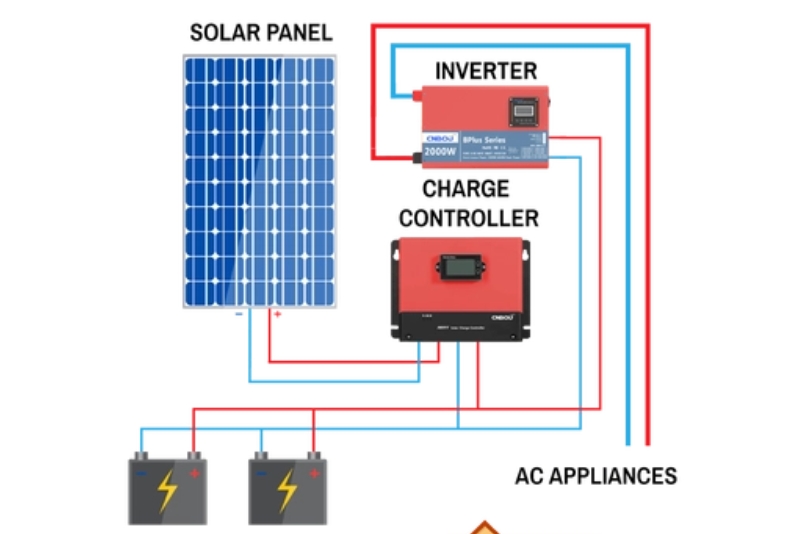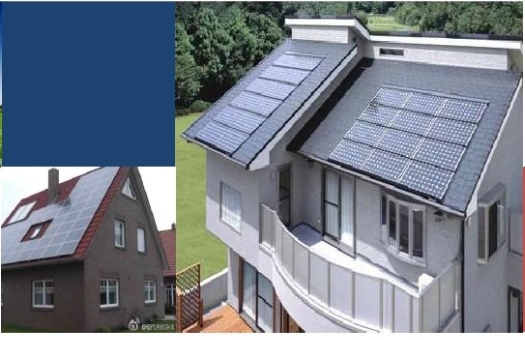Lithium batteries are most suitable for a wide range of applications, mainly based on their high energy density, long life, low self-discharge rate, fast charging and other characteristics. Here are some of the most suitable application areas for lithium batteries:
Consumer Electronics:
Smartphones, tablets, laptops, digital cameras, etc. Due to the high energy density and light weight of lithium batteries, they can provide long-lasting power support for these devices, while making them lighter.

Electric vehicle:
Lithium-ion batteries have become the main power source for electric vehicles (EVs) and hybrid electric vehicles (HEVs). Its high energy density and long life enable electric vehicles to travel longer distances, reducing the number and time of charging.
Energy Storage System:
The application of lithium batteries in energy storage systems is increasing, such as home energy storage systems, grid energy storage systems, etc. In the event of an emergency or power outage, lithium energy storage batteries can quickly provide backup power to ensure that critical infrastructure such as hospitals and data centers can continue to operate normally.
Data Center Emergency Power Supply
As a key emergency power supply for the data center, it can quickly provide stable power when the power grid fails, ensuring the uninterrupted operation and information security of the data center.

Renewable energy integration:
With the continuous development of renewable energy, lithium batteries have been widely used in energy storage systems of new energy power stations such as wind and solar energy to help optimize grid operation and energy utilization.
Aerospace:
The application of lithium batteries in the aerospace field is also increasing, such as auxiliary power supply for aircraft, helmet display for pilots, power system for space shuttles, etc.
Special Applications:
Lithium batteries are also widely used in special fields, such as military equipment, deep-sea exploration, polar exploration, etc., to provide reliable energy support for these special environments.
Digital Information:
The energy density of lithium-ion batteries has reached 460-600Wh/kg, which is about 6-7 times that of lead-acid batteries.
Lithium batteries can undergo hundreds of charge-discharge cycles and have a longer lifespan than other rechargeable batteries.
The charging time of lithium batteries is relatively short, and it can usually be charged with a current of 0.5~1 times the capacity, so that the charging time is shortened to 1~2 hours.
Summary: With its high energy density, long life, low self-discharge rate, fast charging and other characteristics, lithium batteries have shown a wide range of application prospects in many fields such as consumer electronics, electric vehicles, energy storage systems, data centers, renewable energy, aerospace and special fields.
